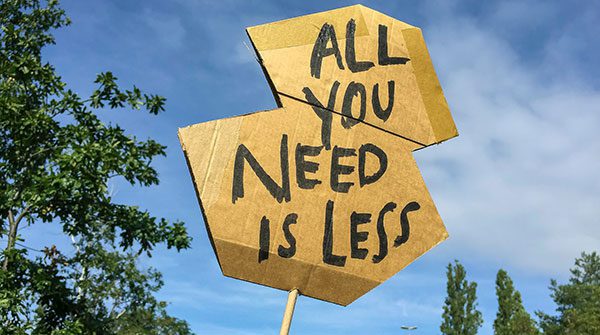Fiscal update will lead to more spending, a rise in the deficit and an uptick in taxes
The 2023 fiscal update unveiled by the Trudeau government yesterday has sparked a lively nationwide discussion, with the Canadian Taxpayers Federation (CTF) and the Montreal Economic Institute (MEI) expressing their viewpoints on federal spending and taxation.
The CTF, a prominent taxpayer advocacy group, is urging the federal government to take immediate steps to curtail spending and institute tax cuts. While the government’s acknowledgment of economic realities is a positive development, said Franco Terrazzano, the CTF Federal Director, expenditures continue to rise, and the deficit is expanding. “This budget update underscores the urgent need for the government to reduce spending, especially when interest charges on the federal debt are already costing taxpayers nearly $4 billion each month,” he added.
Terrazzano criticized Prime Minister Justin Trudeau, asserting that “Trudeau is not delivering on his promise to reduce taxes for Canadians.” Terrazzano called for concrete actions, such as addressing the “undemocratic alcohol tax escalator” and exempting the carbon tax from home heating bills.
 Franco Terrazzano |
 Gabriel Giguère |
 Lisa Baiton |
The fiscal update reveals that government spending is projected to reach $488.7 billion this year, up from last year’s $473.5 billion. Furthermore, the deficit is increasing from $35 billion to $40 billion this year, with no clear plan for achieving budgetary balance. Terrazzano underscored the impact of debt interest, explaining that “interest charges on the government’s credit card will burden each Canadian with an average cost of more than $1,000 this year.”
The Montreal Economic Institute, for its part, argues that the government missed an opportunity to assist the Bank of Canada in combating inflation. “By failing to curb government spending, the Trudeau government is exacerbating inflation, leading to higher grocery prices and rapidly increasing mortgage payments for Canadians,” said Gabriel Giguère, a public policy analyst at MEI.
In October, Bank of Canada Governor Tiff Macklem called on various levels of government to curb spending growth to help combat inflation. A Scotiabank report indicated that government spending in recent years has directly contributed to a two-percentage-point increase in interest rates, with the federal government alone responsible for 1.1 percentage points of this increase. Giguère emphasized the urgency of addressing mounting deficits, as each dollar allocated to interest payments detracts from essential services like healthcare, education, or potential tax reductions.
Giguère further critiqued the government’s decision to amend the tax treatment of short-term rental apartment expenses, contending that this change does not adequately address Canada’s housing shortage. According to Canada Mortgage and Housing Corporation estimates, addressing the housing shortage would require the construction of 5.1 million housing units by 2030 to return to 2004 price levels.
Lisa Baiton, who represents the Canadian Association of Petroleum Producers (CAPP), pointed out three areas of particular interest to the energy sector in the update.
“First,” she said, “the federal government announced it will soon release legislation on the Carbon Capture Utilization and Storage Investment Tax Credit. The CCUS ITC, along with additional resources for carbon contracts for differences, are critical components required for advancing carbon capture projects. If competitive with other jurisdictions, this has the potential to attract substantial private sector investment.”
Second, she continued, “CAPP welcomes progress in expediting major projects in Canada. We eagerly anticipate engagement with the newly announced Ministerial Working Group on Regulatory Efficiency for Clean Growth Projects, tasked with developing a plan in the coming months.”
Finally, she said, “… we strongly support the introduction of a National Indigenous Loan Guarantee Program to be incorporated into the forthcoming National Benefits Sharing Framework. Oil and natural gas projects constitute a significant portion of Indigenous equity agreements in Canada, necessitating the industry’s inclusion in the program. We remain committed to collaborative efforts with the government to expedite the development of CCUS, major projects, and Indigenous equity opportunities within Canada.”
The federal debt is also estimated to reach $1.2 trillion by the end of 2023, with interest payments expected to reach $46.5 billion this year alone. Unless substantial spending reductions are implemented and a concrete deficit mitigation strategy is adopted, the financial burden on taxpayers will persist, according to Terrazzano.
| Staff
To interview Franco Terrazzano, Gabriel Giguère and/or Lisa Baiton, click here.
The opinions expressed by our columnists and contributors are theirs alone and do not inherently or expressly reflect the views of our publication.
© Troy Media
Troy Media is an editorial content provider to media outlets and its own hosted community news outlets across Canada.



